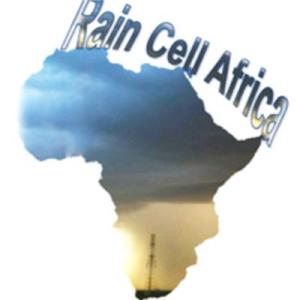Sep 4 2014
Scientists have tested an innovative method for monitoring rainfall by recording the radio signal disturbances between mobile phone towers. This testing was performed by the Rain Cell Africa consortium in Burkina Faso.

Monitoring of rainfall is important for agriculture, flood warning, drought and management of water resources. However, there are not enough networks for observation of rainfall. Mobile telephones are widely used and their antennas cover most inhabited areas.
These antennas transmit radio signals and also record any disturbances to their signals so as to monitor the quality of the mobile network. Precipitation may also affect the signal quality and hence this data may help detect rainfall.
Telecommunications involves transmitting of radio signals between two antennae. When droplets of water fall in between the antennae it affects the radio signal and reduces its intensity.
These droplets absorb a part of the energy that the waves carry and also spread these waves away from their intended destination. Mobile telephone companies monitor the health of their network by measuring, recording and monitoring these disturbances to their radio signals. They have massive amount of data which could provide information about rainfall.
Télécel Faso, a mobile telephone operator in Burkinabe, contributed data on radio signal reduction that it recorded during the 2012 monsoon period. University of Ouagadougou researchers and LTHE partnered to calculate the amount of rainfall during this period.
This estimation was compared with data derived from traditional sources such as rain gauge and radar measurements. The novel method was able to detect 95% of the rainfall events.
Other methods, such as weather forecasts, satellite monitoring and rain gauges are still not very effective in helping monitor rainfall.
The Geophysical Research Letters journal has published this study.